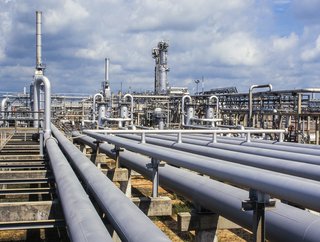New rule to end gas supply crises in Europe

The European Commission is set to welcome a new rule on gas supply regulation which hopes to prevent gas supply crises in Europe.
Negotiators of the Council and the European Parliament reached the agreement last week. The rules ensure a regionally-coordinated and common approach to the security of supply measures among EU Member States. As such the European Union will be in an improved position to prepare for and manage gas shortages if a crisis occurs.
Gas covers around a quarter of the EU's energy demand. The EU's current annual gas demand of around 400 billion cubic metres is projected to remain relatively stable in the coming years. Around 65 percent of the EU's gas is imported – its main suppliers are Russia, Norway and Algeria.
After the gas crises of 2006 and 2009, the EU reinforced its security of gas supply, most notably by adopting the first security of gas supply regulation in 2010. This existing regulation already required Member States to prepare and share with each other plans with national measures for crisis prevention and mitigation, obliged companies to ensure gas supply to protected customers even in the event of supply disruption, and provided for the installation of bi-directional capacity.
Now, a solidarity principle will apply for the first time, meaning that Member States will have to help their neighbours if a serious crisis occurs. Regional groups facilitate the joint assessment of common security of supply risks and the development of an agreement on joint preventative and emergency measures, and greater transparency will also be prioritised.
European Commission Vice-President for the Energy Union, Maroš Šefčovič, said: "We have made important progress in improving energy security, one of the Energy Union's main objectives. The new rules are built upon solidarity and cooperation among the Member States. While the national conditions and specificities of the Member States are an important building block, the EU-wide framework of regional groups makes coordinated actions possible. Thus, Europe becomes better equipped to avoid and cope with eventual crises."
Commissioner for Climate Action and Energy, Miguel Arias Cañete, said: "With this agreement between the Parliament and the Council, we take another big step forward towards strengthening the EU's energy security. The new regulation paves the way for better coordinated crisis prevention and handling of potential gas crises by combining standards set at EU level with regional cooperation and solidarity. This increases our effectiveness and reduces costs for EU consumers."






